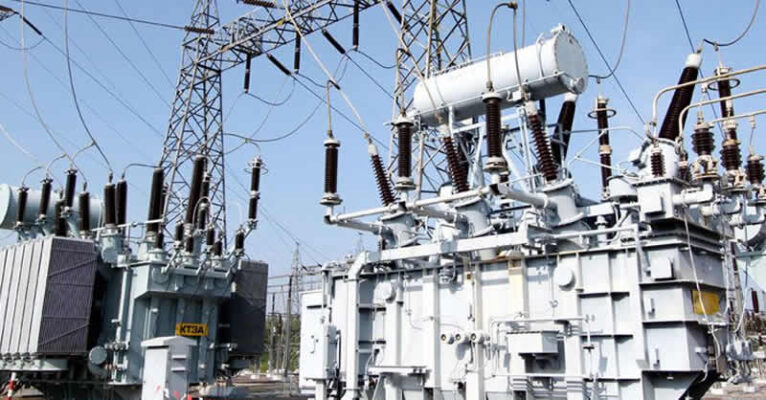
Nigeria has been plunged into another power crisis as the national grid collapsed early Saturday morning, marking the third breakdown within a week. This latest failure has resulted in widespread blackouts across several states, deepening the ongoing energy challenges the country faces.
According to data from the Nigerian System Operator’s portal (niggrid.org), as of 9:20 AM today, the grid recorded zero megawatts (MW), highlighting the severity of the situation. The power outage has disrupted electricity supply nationwide, leaving both households and businesses in darkness.
On its official social media platform, X (formerly Twitter), the national grid confirmed that seven out of the nation’s eleven electricity distribution companies (DisCos) were operating with zero load allocation. The remaining four—Benin DisCo (70 MW), Ibadan DisCo (60 MW), Ikeja DisCo (30 MW), and Eko DisCo (20 MW)—were barely providing minimal electricity by 10:16 AM.
The repeated grid failures have severely strained Nigeria’s already fragile power infrastructure, leading to widespread frustration. These blackouts are causing significant disruptions in daily activities, forcing many citizens to rely on alternative power sources that are both costly and often unreliable.
This most recent collapse follows two others that occurred earlier in the week, raising serious concerns among Nigerians about the nation’s power management. Citizens and industry experts alike are questioning the government’s ability to maintain a stable energy supply, particularly as the country grapples with fuel shortages and escalating costs, further complicating access to alternative energy solutions.
During the unveiling of Hexing Livoltek, an electricity meter manufacturing company in Lekki, Lagos, Minister of Power Adebayo Adelabu addressed these ongoing issues. He emphasized the need for a more resilient and decentralized power system, suggesting that establishing regional or state-specific grids could mitigate the frequency of national grid collapses.
Adelabu acknowledged that the current state of Nigeria’s power infrastructure makes grid collapses almost inevitable. He advocated for the implementation of multiple grids to improve electricity stability and reliability—an idea that many energy experts and stakeholders have long supported as a solution to Nigeria’s power woes.
For further updates, join our WhatsApp channel here: WhatsApp Channel.